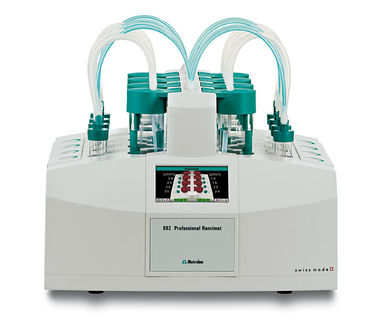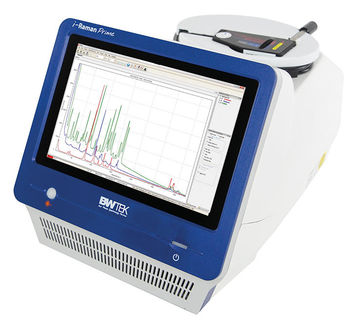To use all functions of this page, please activate cookies in your browser.
my.chemeurope.com
With an accout for my.chemeurope.com you can always see everything at a glance – and you can configure your own website and individual newsletter.
- My watch list
- My saved searches
- My saved topics
- My newsletter
John E. WalkerJohn Ernest Walker (born January 7, 1941) is an English chemist who won the Nobel Prize in Chemistry in 1997. Product highlightHe was born in Halifax, Yorkshire, the son of Thomas Ernest Walker, a stone mason and Elsie Lawton, an amateur musician. He was brought up with his two younger sisters in a rural environment and went to Rastrick Grammar School. At school, he was a keen sportsman and specialized in physical sciences and mathematics the last three years. He received a B.A. degree from St Catherine's College, Oxford. He began study of peptide antibiotics with Edward Abraham at Oxford in 1965 and received his Ph.D. in 1969. During this period, he became interested in the spectacular developments in molecular biology. From 1969–1971, he worked at the University of Wisconsin-Madison, and from 1971–1974 in France. He met Fred Sanger in 1974 at a workshop at Cambridge University. This resulted in an invitation to work at the Laboratory of Molecular Biology of the Medical Research Council, which became a long-term appointment. Among the other staff was Francis Crick, who was well known for his discovery of the molecular structure of DNA. At first, he analyzed the sequences of proteins and then uncovered details of the modified genetic code in mitochondria. In 1978, he decided to apply protein chemical methods to membrane proteins. He shared his Nobel Prize with the American chemist Paul D. Boyer for their elucidation of the enzymatic mechanism underlying the synthesis of adenosine triphosphate. They also shared the prize with Danish chemist Jens C. Skou for research unrelated to theirs. He married Christina Westcott in 1963, and they have two daughters.
Categories: English chemists | Nobel laureates in Chemistry |
|||
| This article is licensed under the GNU Free Documentation License. It uses material from the Wikipedia article "John_E._Walker". A list of authors is available in Wikipedia. |







